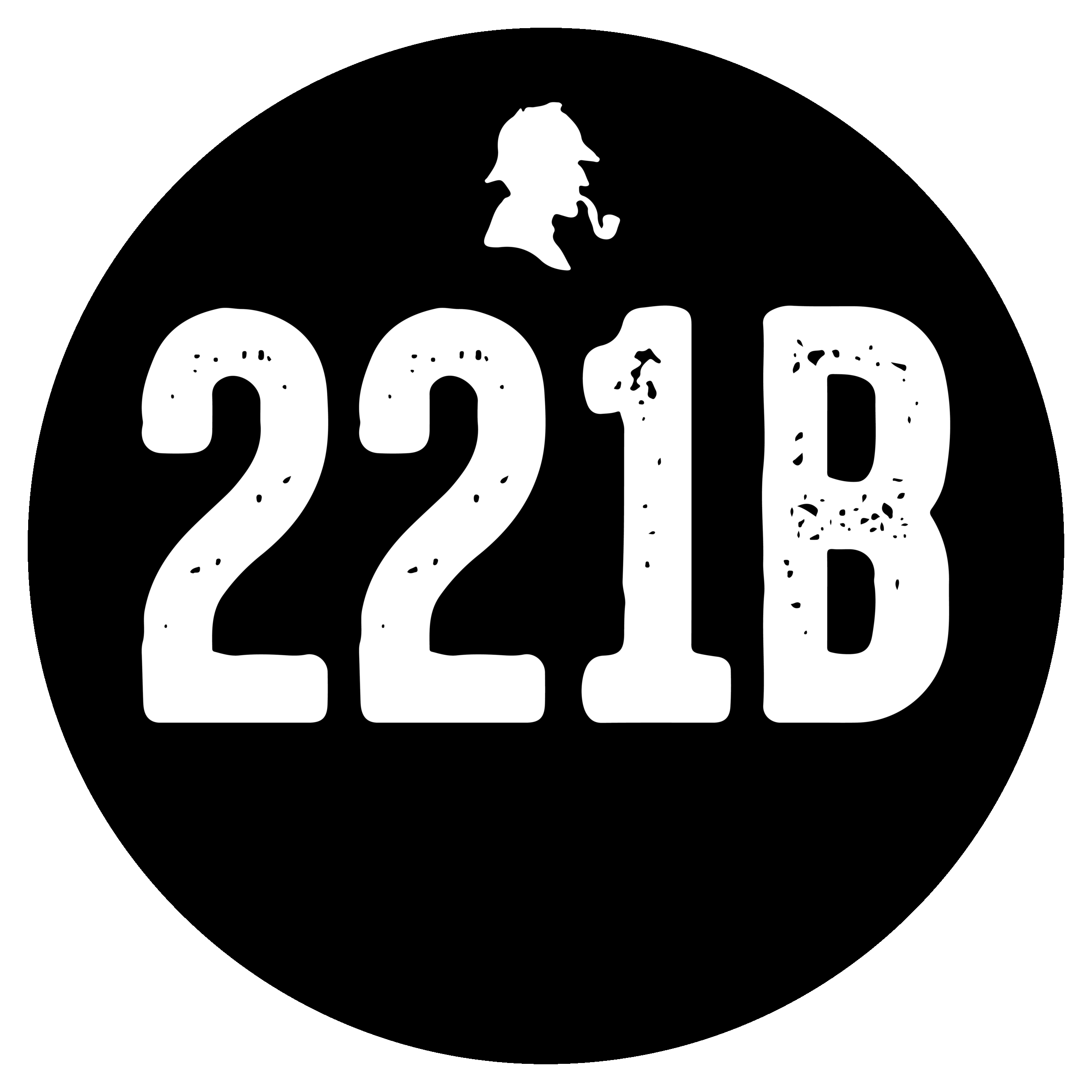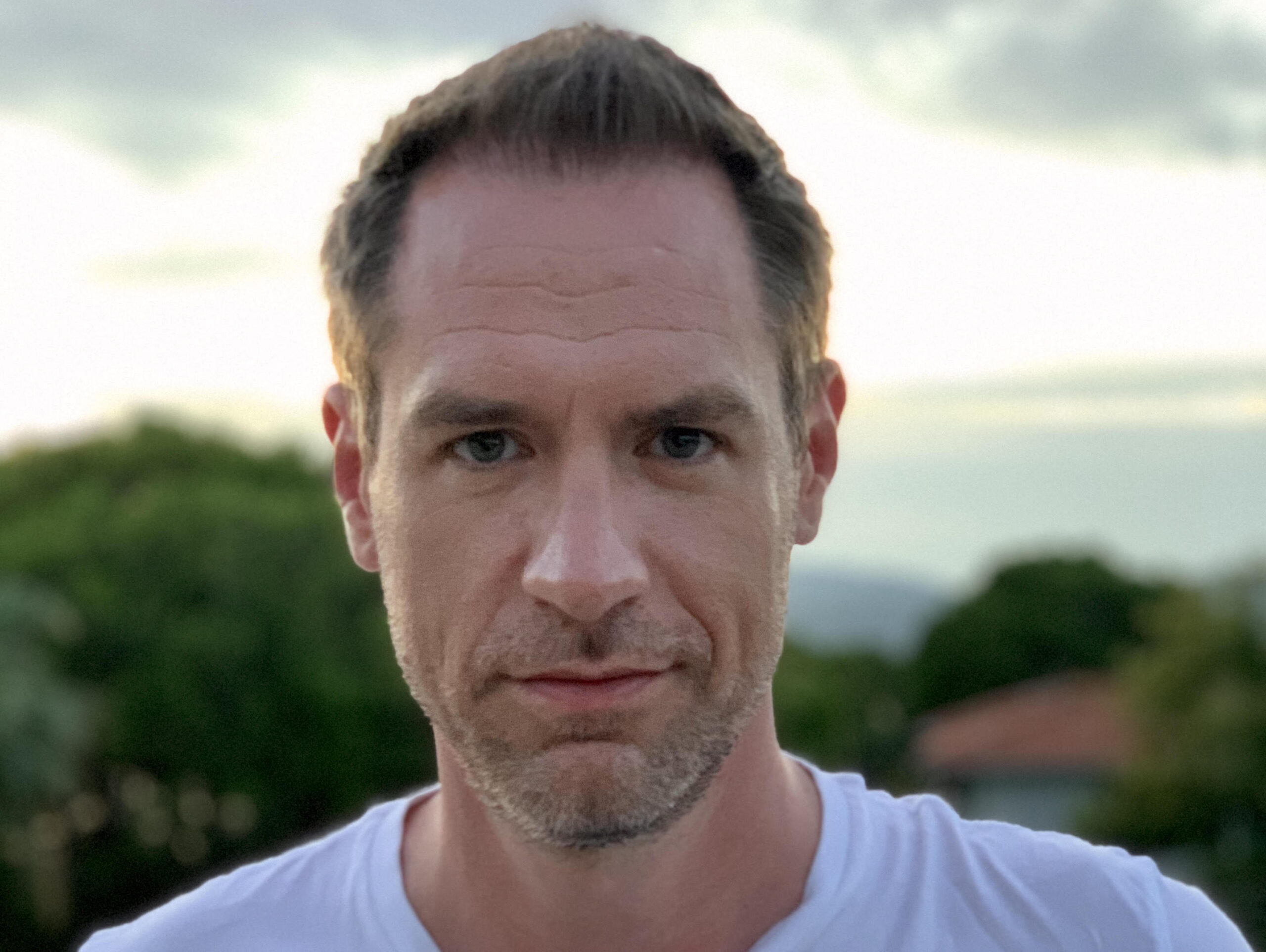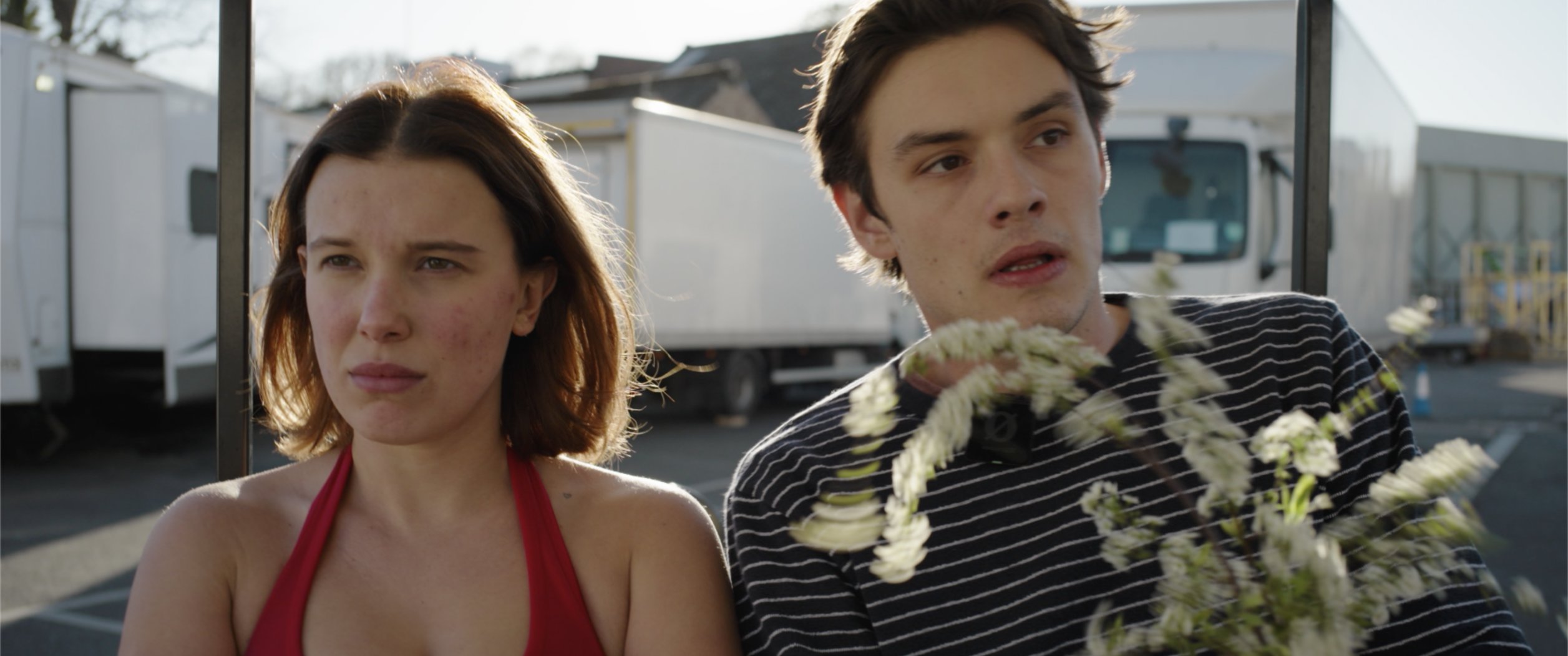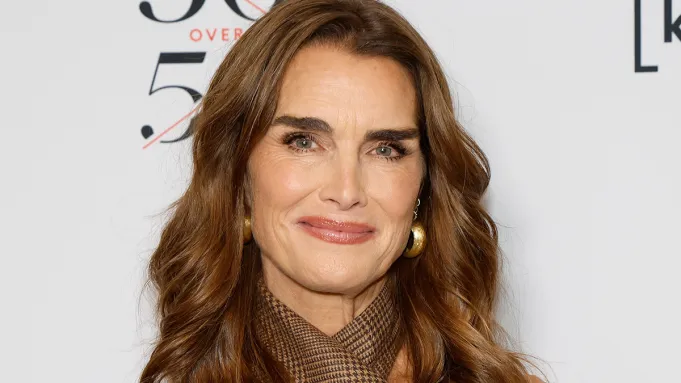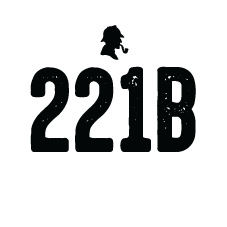We interviewed Young Wallander‘s screenwriter Ben Harris and talked about the legacy of Henning Mankell and the series.
With more than 40 million copies sold in 41 languages, Wallander is one of the most important fictional detectives in the history of crime fiction and Nordic noir. How did it feel for you as a screenwriter to bring such a cult character to the present day and set up his story as a young cop at the beginning of the project?
Ben Harris: Yes, he is a very important character. It was a responsibility that I took very seriously. The novels are very popular; they have reached millions of readers around the world. The Swedish series Wallander was also very important. Kenneth Brannagh gave an incredible performance. When I wrote the series, I tried to stick to the existing character as much as possible. It was a very challenging job for me as a writer. Alright, we know where this character will be in 20 or 30 years and what kind of person he is. So, the question of how to build the youth of this character was very important. Of course, there is also the respect we have for Mankell’s legacy and the respect we have for the genre. We had to do a job that was appropriate for this. My priority was to create a grounded plot and character. I also had to move both the plot and the character far away from the Kenneth Branagh version. Branagh’s character was an alcoholic, overweight, tired, divorced, and unable to have a relationship with his child. It was necessary to move away from all these things that we know and love about the character. So, in Young Wallander, we see a very idealistic, energetic, fit character. A character who thinks he can fix the world. We also wanted to be original in terms of the plot. As you know, Swedish detective fiction, the Scandi Noir genre, has a very important place. Wallander actually appears in this setting. We watch Wallander with the Swedish countryside in the background. I wanted to get away from that as much as possible. I wanted to have a more intense, claustrophobic environment, I wanted to depict a colorful urban space. I wanted to create a new visuality rather than use spaces that are an extension of the Scandi Noir genre. Yes, it was actually quite challenging and scary to take part in such an important project (laughs). I researched, read, and watched as much as I could. Then, I put it all behind me and focused on how I could write this series from scratch. I hope it turned out well.
When I first read the news that the series was being made, I was very excited as someone who really loves Mankell’s novels and the way he deals with social issues. But at the same time, I wondered if the series would be able to reflect Mankell’s view of the world. After watching the season, I was excited and happy. I felt close to the character, as if I had met an old friend when he was young. I think it’s more difficult to write about an unwritten period and present of a novel character than it is to adapt a novel. What were the things that were the most challenging for you, or that you drew your red lines while writing?
Ben Harris: When I was first offered the opportunity to write this series, I chose Malmö as the location of the series. I was quite surprised when I was researching this place because what I, and in fact most people, thought was that Sweden was a superpower, especially in human rights and social issues, but this was not the case. I was surprised to see that problems similar to the problems in the West were also happening here. A big immigration problem, the radical right wing gaining power, politics becoming a dangerous field… I didn’t really identify Sweden with these, to be honest, but yes, these were all real. Malmö is actually in the middle of all this. In the first episode of the series, we see a bomb exploding. When we were writing that episode, when we were building that story, four bombs actually exploded in Malmö. And we realized that we were on the right track, to be honest. One of the most important things that attracted me to this series was how it spoke about the world. Because you can write a very exciting, action-packed, clever crime series, but in the end, I didn’t want this to be one of those “popcorn” series that you forget immediately after watching it. You can’t write a series about a country like this and not touch on an important issue like the immigration problem. It’s one of the cornerstones of the story. But, of course, my aim was not to make this series only about immigration. I wanted to talk about inequality. We’ll look back in the future, and we’ll see that the immigration issue, or Brexit, or people like Trump are all tools used by people who want to impose their political ideology or who are focused on financial gain to create a climate of fear. Today, ten people are incredibly rich, and the rest of the people are suffering. I wanted to describe this inequality.
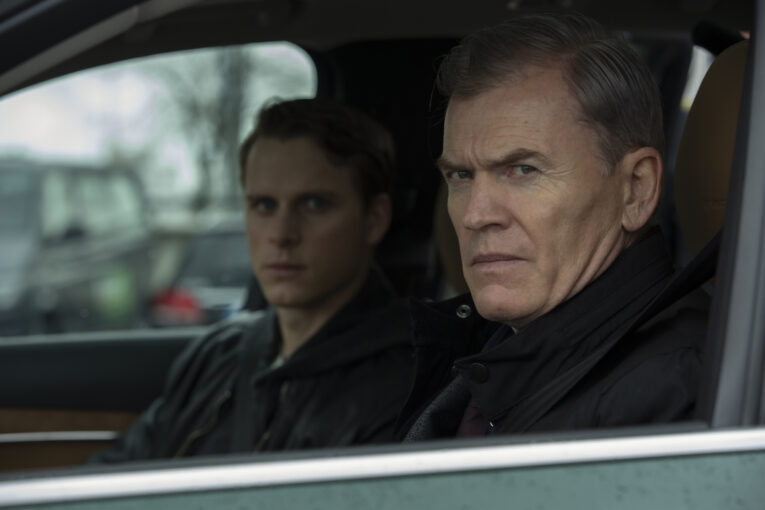
“Young Kurt thinks he can fix the world. So, in the show, he faces a problem that he can’t fix. It’s a very systemic problem. That’s actually how his journey starts.“
In Mankell’s first Wallander novel, Wallander is a 42-year-old veteran policeman left by his wife. After watching Young Wallander, I wished that this project would bring Wallander to the age of 42 and that Young Wallander and Mankell’s novels would intersect at some point and end like that. What is your dream about Young Wallander as an actor portraying the character of Wallander?
Ben Harris: When we started this series, we wanted to portray Wallander as early as possible, as he was investigating his first big case. Before Henning Mankell passed away, he had written a book of short stories called The Pyramid. I can say that I benefited from this book for the beginning of the story. Of course, it depends on the success of the series and how satisfied Netflix is with the project, but I think as you do. This series can go back to the starting point of Mankell’s first novel. The series and the novels could merge at some point, or at least we could have the chance to tell Kurt and Mona’s story to the end. When we look at the original Wallander stories, we already read about a troubled marriage, but we don’t know much about how that relationship started. When we were sitting at the writers’ table, the conversation was, How do we tell the story of a troubled marriage? And I said, No, we’re not going to tell the story of a troubled marriage. We’re going to tell the story of love because there is love at the beginning of this relationship. But we know that this relationship will end badly. So, I thought the stronger the portrayal of love, the deeper the sadness that we would feel for what this relationship would become. Kurt’s greatest strength, and actually his curse, is that he cares too much about things. That’s why he’s such a good detective. He works for people who are marginalised or deprived of their rights. He wants to help them. How do we portray this young Wallander who has now become a man who thinks there is no hope in the world? Young Kurt thinks he can fix the world. So, in the show, he’s actually facing a problem that he can’t fix. It’s a very systemic problem. This is actually how his journey begins. In the second season, he will appear as a renewed Kurt, he will find a new driving force for himself. But unfortunately, all these injustices will bring Kurt down over time. So, even if not chronologically, if we think about Wallander’s character journey, yes, the series and the novels can merge at some point.
There are some references to the novels in the series, in Young Wallander, Wallander, who is an opera fan, is forced to listen to opera in Hemberg’s car, and after a few times, he says he hates opera. Hemberg often tries to reach a conclusion without following the rules within the police force. In this respect, is Hemberg a reflection of the Wallander of the novels? In other words, can we say that the young Wallander actually started his career under the master Wallander?
Ben Harris: Yes, I can actually summarize what you are talking about. I wanted people who had read the previous Wallander novels and watched the TV series and the movies to think, Yes, that’s how Kurt meets Mona, that’s how he starts drinking. That’s why Kurt Wallander loves opera.
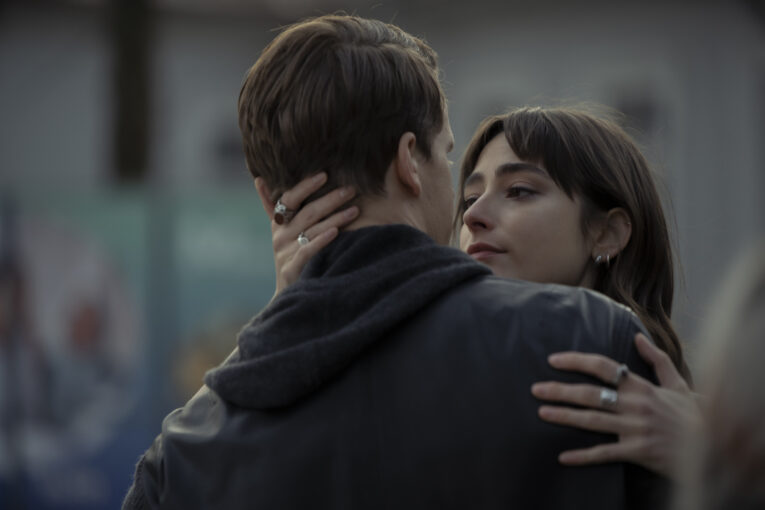
In most crime series, we actually see detectives catching criminals and criminals being brought to justice, and our conscience is relieved. We want to be reassured that justice still works perfectly in the world. Young Wallander, on the other hand, is not such a crime series; there is a structure in which criminals are not punished even if they are caught. In fact, when Wallander says to the released criminal, “One day your money won’t save you,” the police file in the series is closed. Closing the crime fiction in this way is actually not something that audiences around the world are used to. As a screenwriter, did you find this risky?
Ben Harris: Yes (laughs). I think that most of the people who watch this series have definitely watched other crime series. So when I was writing the series, I thought about how I could make this production new and fresh, apart from the character. There were two ways to do it. The first was to tell the story entirely from Kurt’s point of view. That’s why we never leave Kurt’s point of view. We don’t see what the bad guys are doing or what other characters are doing. Actually, this is a very challenging thing in terms of writing. Because you can only give the process of solving the mystery to the extent of what Kurt finds and realizes. The second thing was to find a good solution to the conundrum at hand. Of course, we want to find out who the killer is. I think I would be very uncomfortable if I watched a series where the killer was not revealed, but to see that these killers are not punished is actually in line with the story we are telling, with what we want to say. How does this young Kurt Wallander, this energetic, athletic, handsome man, become the character we read about in the novels? The case Kurt works on in the series is one of the answers to this question. It is Kurt’s first case, and it will tear something inside him, hurt him, break his heart. That’s why, of course, I showed who the murderer was, but I also wanted to show the frustration and disappointment that he escaped unpunished. This is the story of our time, in my opinion. Those with money and power are not punished, but this is not the case for the ” small” people. Therefore, I think the punishment of the bad guy was not realistic enough in the world we created. If I were the viewer, I think I would be eagerly waiting for the second season. I would wonder if Kurt will go after this guy again.
Do you have a message for the viewers in Türkiye?
Ben Harris: Yes, Türkiye is really an incredible region geographically, and the number of Turks migrating to Europe is quite high. So, I think they can identify with the immigrant characters in the series in particular. My first priority as a middle-class white British man was to make sure that the stories of the immigrant characters were told in a very authentic way. Every writer who worked on the project read widely because we wanted to be able to accurately portray the experiences of migrants. I hope that when people who are going through similar things watch the series, they can say, “This is our story,” because their stories are not told very often. Other than that, I think they will watch a grounded series, and I believe they will enjoy it. I hope they like it.
